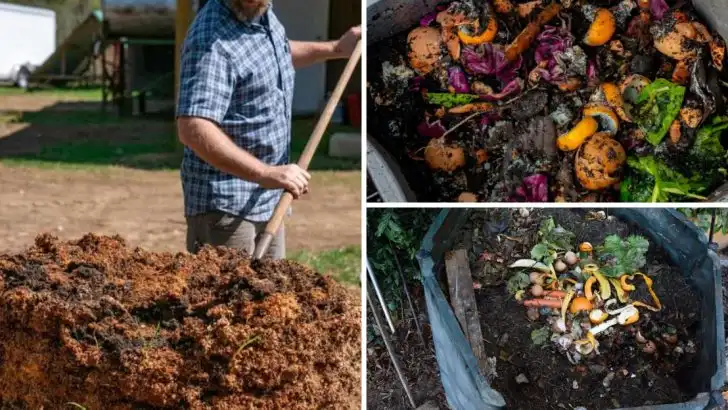Compost seems pretty straightforward—toss your scraps in a pile and let nature handle the rest. But it’s surprisingly easy to throw things off without realizing it. One small habit, done often enough, can bring the whole process to a standstill.
If your pile smells weird, never breaks down, or just sits there looking sad, you’re not alone. A lot of common mistakes come from good intentions, and luckily, they’re also pretty easy to fix once you know what’s going wrong. Here’s what gardeners often get wrong with compost—and how to get it back on track.
Overwatering the Pile
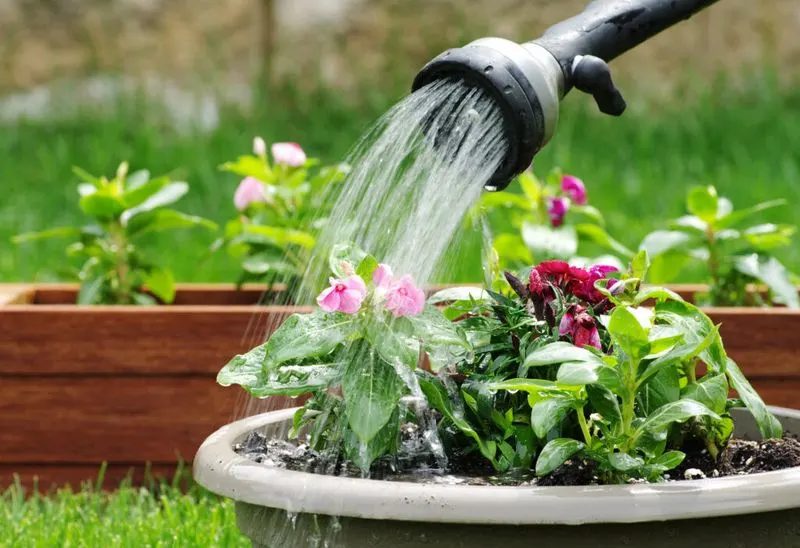
Too much water in your compost can turn it into a soggy mess, depriving microbes of the oxygen they need. This can lead to stinky odors and slow decomposition. Aim for a damp sponge consistency by balancing green and brown materials.
Consider turning the pile regularly to aerate it, ensuring proper drainage. If the pile becomes too wet, add more dry, brown matter like leaves or straw.
Remember, compost should be lively, not lifeless. A little moisture goes a long way, so monitor closely and adjust accordingly.
Ignoring Carbon-to-Nitrogen Ratio
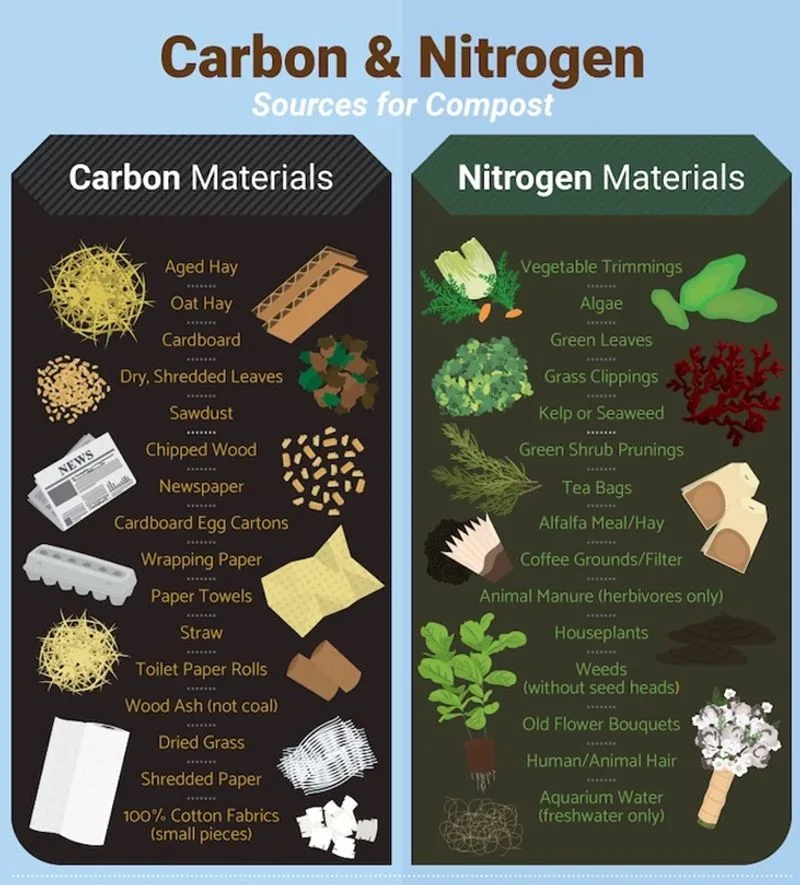
The carbon-to-nitrogen ratio is crucial for successful composting. Too much nitrogen-rich material can make the pile smelly and sluggish. Aim for a ratio of 30:1 carbon to nitrogen.
Incorporate browns like dried leaves and cardboard to balance greens such as grass clippings and kitchen scraps.
Turning the compost regularly helps distribute nutrients and aerate the mix. Maintaining this balance creates a thriving environment for microbes, turning waste into valuable soil.
Adding Inappropriate Materials
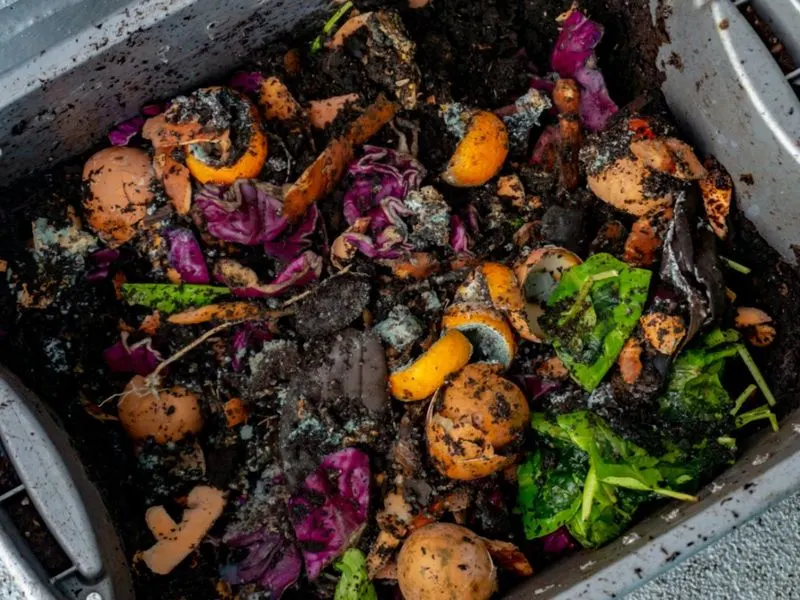
Adding the wrong materials can be disastrous for your compost. Avoid plastics, metals, and treated wood, as they won’t break down. Also, steer clear of meat and dairy, which attract pests and create foul odors.
Focus on organic materials like fruit and vegetable scraps, coffee grounds, and eggshells. If unsure, research the item before tossing it in.
Your compost is like a living organism; feed it well, and it will reward you with rich, crumbly soil. Be mindful of what you add, and your garden will flourish.
Neglecting to Turn the Pile
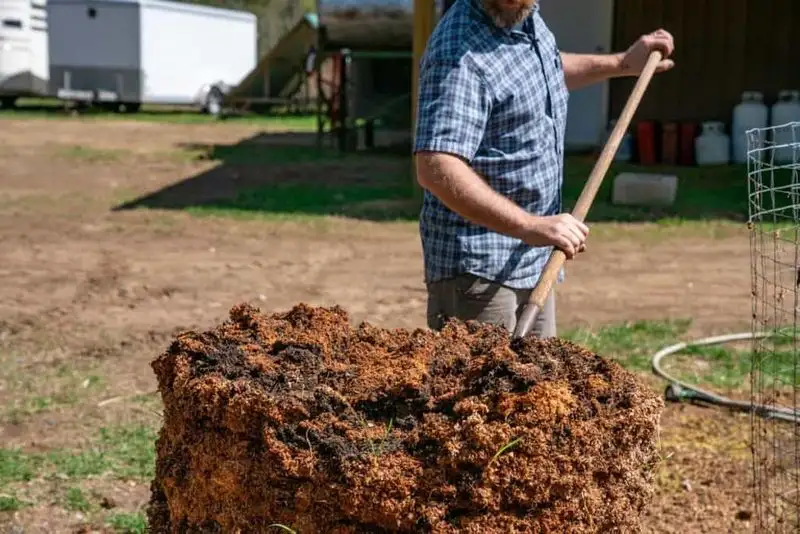
Turning your compost pile is akin to taking a deep breath, infusing life into the process. Without regular turning, the pile may become compacted, restricting airflow and slowing decomposition.
Aerating the compost helps maintain an even temperature and distributes microorganisms throughout. Aim for turning every few weeks to keep things lively.
Think of it as a dance, where every twist and turn invites new energy. Embrace the rhythm, and your compost will reward you with rich, fertile humus.
Overloading with One Material
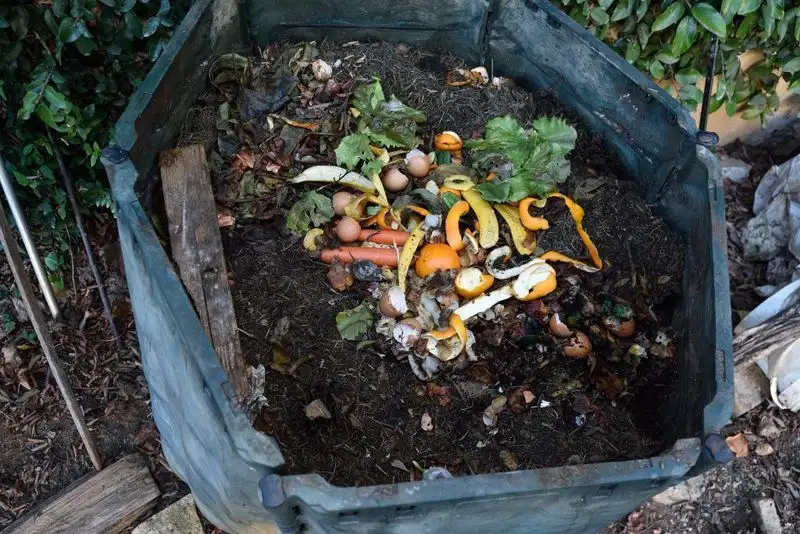
A balanced compost pile is like a well-composed symphony, with each material playing its part. Overloading one type, such as grass clippings, can lead to a dense, compacted pile.
Mixing various materials prevents this, ensuring proper airflow and decomposition. Think of it as crafting a delicious recipe, where each ingredient enhances the dish.
Variety is key, so combine green and brown materials in harmony. A diverse mix leads to a thriving compost pile, rich with life and ready to nourish your garden.
Ignoring Temperature Changes
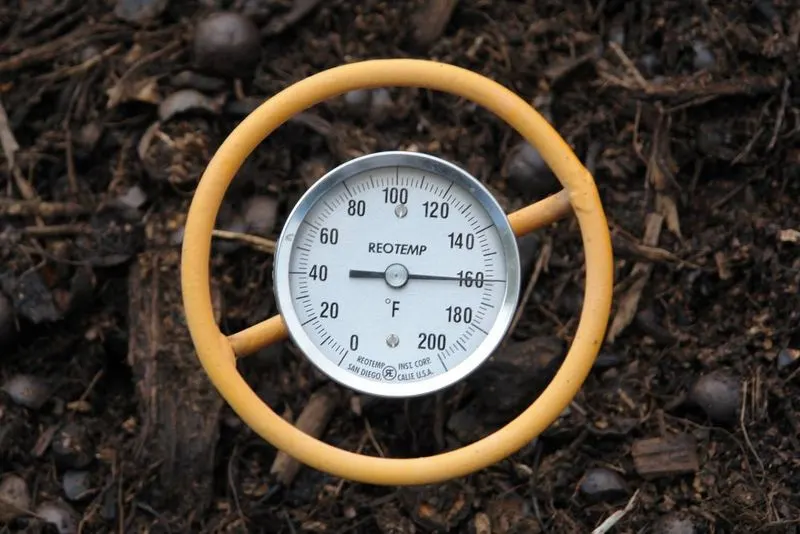
Compost thrives at certain temperatures, usually between 135°F to 160°F. Ignoring temperature changes can stall the process or kill beneficial organisms.
Regularly monitor your pile with a thermometer and adjust materials to maintain optimal heat. During cold months, insulate the pile with straw or a tarp.
Temperature is the pulse of your compost; keep it steady, and it will hum with life. A vigilant eye ensures the pile transforms efficiently, turning waste into treasure.
Using Diseased Plants
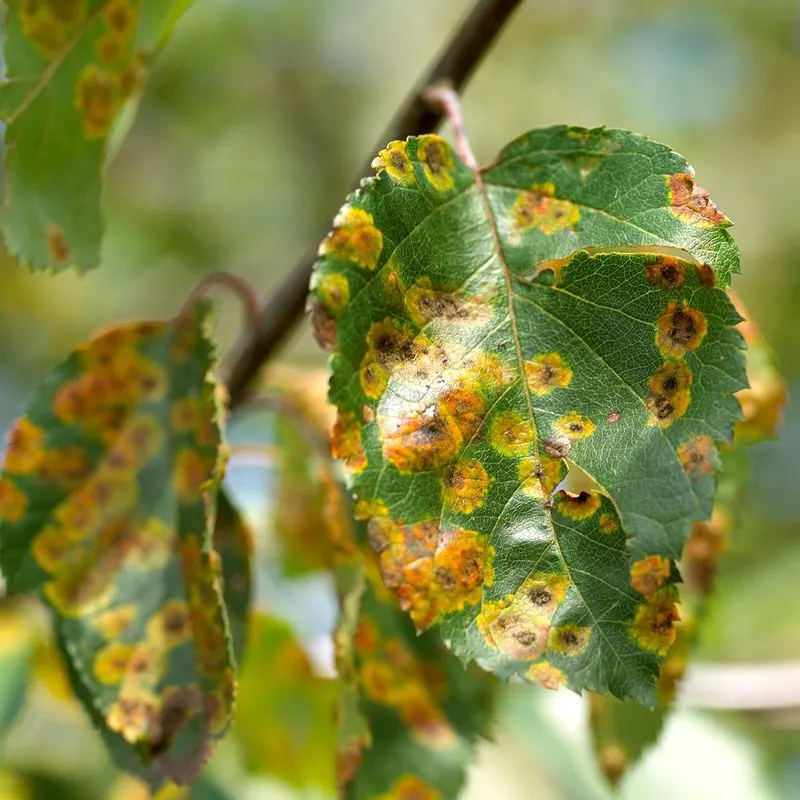
Using diseased plants in your compost can spread sickness throughout your garden. Pathogens may survive the composting process if temperatures aren’t high enough.
Dispose of diseased material separately, or ensure your compost heats sufficiently to kill pathogens. Consider using a hot composting method to achieve this.
Healthy compost is a garden’s best friend, so protect it by being selective about what you add. A vigilant approach keeps your soil robust and free from harmful diseases.

